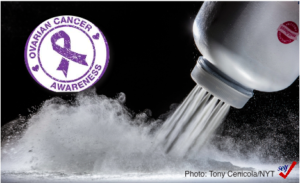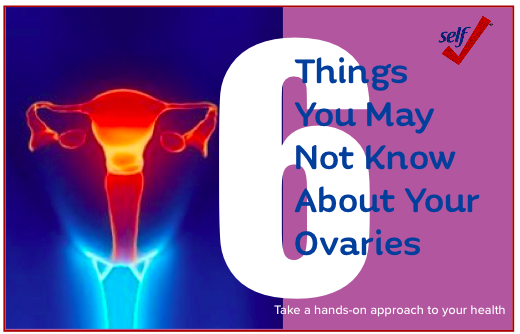Does Talcum Powder Cause Ovarian Cancer?

The legal and scientific debate continues…
The National Cancer Institute website points to the 2014 study that doesn’t find a link and suggests that “the weight of evidence does not support an association between talc exposure and an increased risk of ovarian cancer,” although it also includes talc in a list of factors for which “it is not clear whether the following affect the risk of ovarian, fallopian tube and primary peritoneal cancer.”
The American Cancer Society also says talc’s relation to cancer “is less clear” and “findings have been mixed.” It adds that “although there is some suggestion of a possible increase in ovarian cancer risk,” its bottom-line advice is, “Until more information is available, people concerned about using talcum powder may want to avoid or limit their use of consumer products that contain it.”
“When it comes to talc and cancer, the message is not straightforward. It’s not necessarily black and white, and it’s a bit more complicated to explain to the layperson,” said Dr. Paolo Boffetta. The professor of medicine, hematology and medical oncology at Mt. Sinai was in the room in 2006 when the International Agency for Research in Cancer, which falls under the World Health Organization, decided to classify the use of talc in the genital area as “possibly carcinogenic to humans.”
You can read more in this article from CNN.
From Consumer Safe




